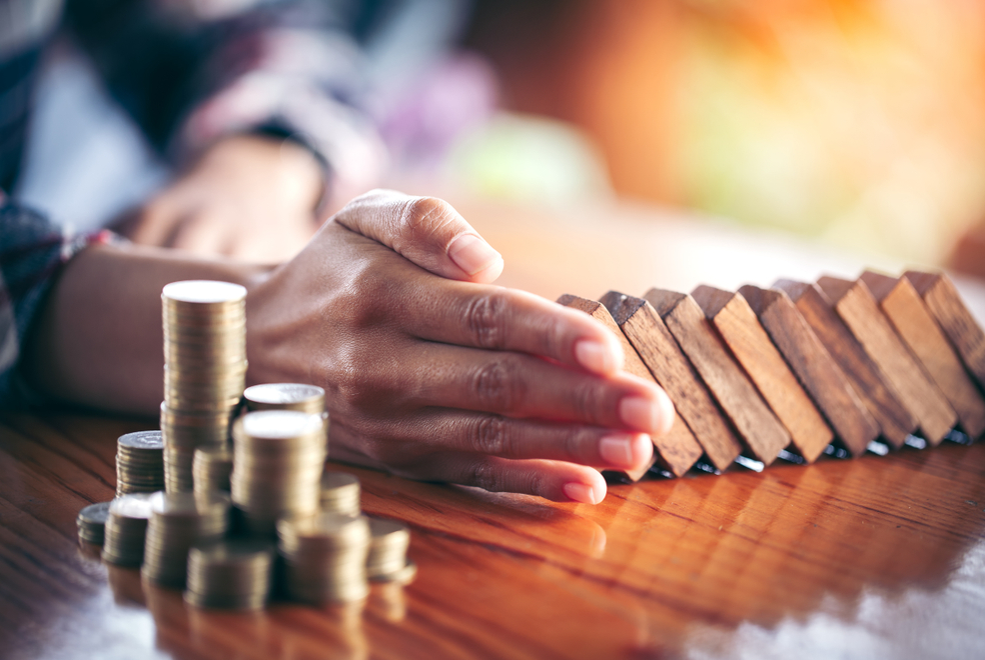

When Does Responsible Gambling Turn into Problem Gambling?

Gambling can be a fun and entertaining activity when done responsibly, but it can also spiral into problematic behavior if not managed properly. Understanding the signs and transitions from responsible gambling to problem gambling is crucial for maintaining control and seeking help when needed. Here are key factors and indicators that distinguish responsible gambling from problem gambling:
Loss of Control
Responsible Gambling: You set time and money limits and stick to them.
Problem Gambling: You gamble more than planned, often exceeding set limits and chasing losses.
Impact on Daily Life
Responsible Gambling: Gambling is a recreational activity that does not interfere with daily responsibilities or relationships.
Problem Gambling: Gambling affects your work, relationships, and daily activities, causing conflicts and neglect of responsibilities.
Financial Consequences
Responsible Gambling: involves gambling with money that you can afford to lose, viewing it as an entertainment expense.
Problem Gambling: You start borrowing money to gamble, dipping into savings, or using funds meant for essential expenses.
Emotional Responses
Responsible Gambling: Gambling does not lead to significant emotional distress. Wins and losses are taken in stride.
Problem Gambling: You experience mood swings, anxiety, or depression related to gambling, often using it to escape from emotional or physical pain.
Preoccupation with Gambling
Responsible Gambling: Gambling is one of many leisure activities you enjoy.
Problem Gambling: You constantly think about gambling, planning your next session, or reliving past experiences, making it a central focus of your life.
Attempts to Quit
Responsible Gambling: You can take breaks from gambling without difficulty and can stop if you choose to.
Problem Gambling: You find it difficult or impossible to stop gambling despite repeated attempts and negative consequences.
Recognizing these signs early can help you maintain control over your gambling habits and seek help if needed. Resources such as counseling, support groups, and helplines are available for those who find themselves struggling with problem gambling.
Sources:
- National Council on Problem Gambling: Responsible vs. Problem Gambling
- Mayo Clinic: Compulsive Gambling Symptoms
- Gambling Commission: Problem Gambling
- Psychology Today: Signs of Gambling Addiction
- Addiction Center: Gambling Addiction and Problem Gambling
- American Psychiatric Association: Gambling Disorder
- Harvard Medical School: Gambling Disorder Symptoms
- HelpGuide: Gambling Addiction and Problem Gambling
- Gamblers Anonymous: 20 Questions
- BBC: Problem Gambling







